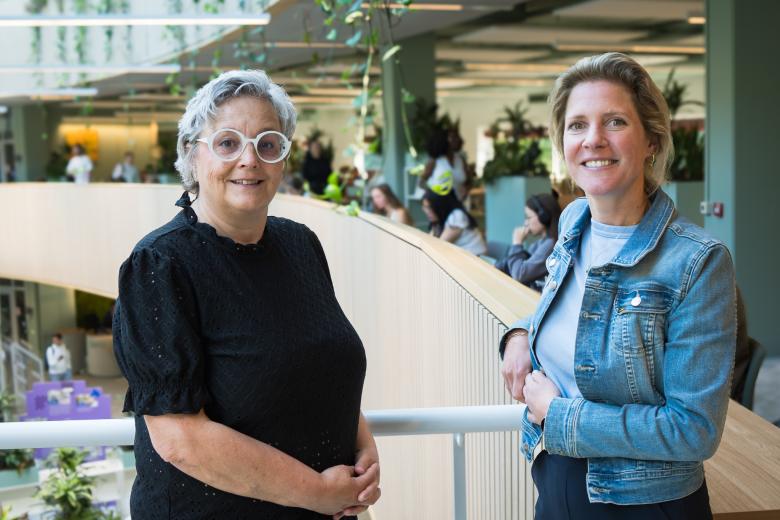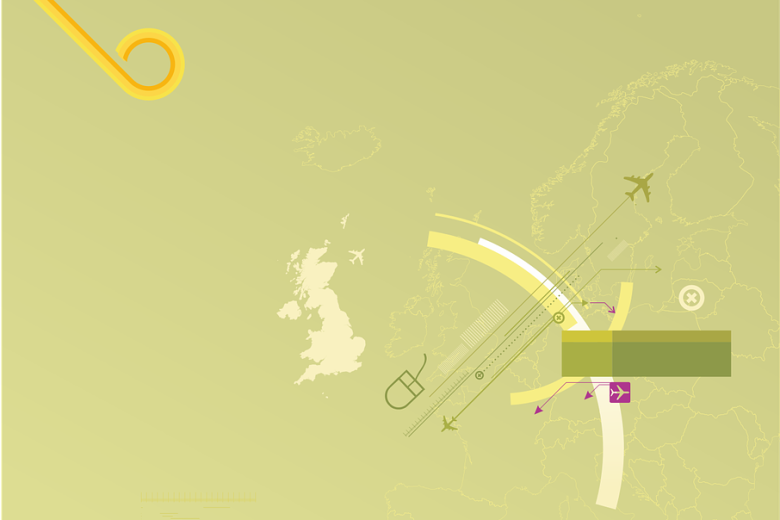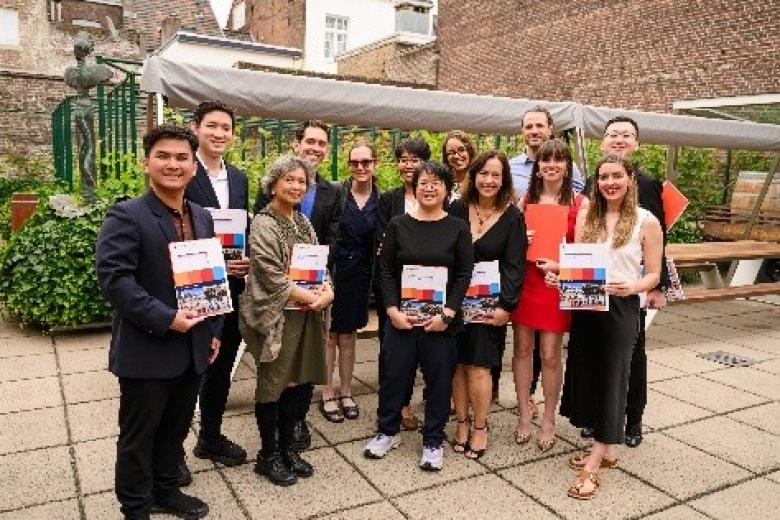EU COFUND project "LIMES"granted: 6 new PhD candidates at FASoS
The interfaculty Marie Curie COFUND proposal ‘LIMES’ is granted. UCM, SBE and FoL joined forces to set up this doctoral programme under the lead of FASoS. LIMES is aiming to recruit 13 PhD candidates at UM, of which 6 at FASoS. It is centred on the theme of ‘The Hardening and Softening of Borders: Challenges for Europe and the World’. LIMES– a Latin word that highlights the programme’s focus on moveable borders – is coordinated by CERiM.
The dynamics of ‘softening’ and ‘hardening’ borders have become key issues in social and political transformations. For one, the nation-state is no longer the obvious space that structures political, economic, social and cultural processes: Borders are becoming more permeable in trade, law, employment, social activism, and many other fields. At the same time, hard borders and hard border thinking are returning as people feel threatened by the real and perceived dissolution of borders around them. These changes in societies, governance and culture have affected scientific agendas and require innovative approaches for their analysis. A new generation of interdisciplinary researchers is needed to study the hardening and softening of borders, as well as the interrelationship between such processes. LIMES offers them the programme they are looking for, while giving them the opportunity to pick up the skills they need to perform well in the job market.
Early stage researchers (ESRs) in the humanities and social sciences are confronted with a double challenge. On the one hand, there is a dramatic shortage of PhD positions, hindering the career chances of too many talented graduates. On the other hand, many young researchers holding a PhD degree have limited opportunities to pursue an academic career, and are often insufficiently trained for the wider job market outside academia. LIMES meets these challenges: the programme offers 13 high profile PhD positions in the humanities and social sciences, and makes sure that its graduates are well-equipped for the academic and non-academic job markets. A rich training programme and tailormade secondments, including the possibility of intersectoral mobility (also outside the Netherlands), are geared towards extending the employability of LIMES graduates.
The keystone of the LIMES is mobility. The programme offers research options in two clusters, one related to the mobility of persons and the other to the mobility of information and commodities. Within these two clusters, applicants can choose between a number of innovative projects which leave room for personal interests and specialisations. All PhD candidates selected to the programme are assigned to a six-month secondment organised at one of the partner organisations of the programme. The secondments are closely linked to the projects. They offer the PhD candidates ample opportunities for deepening their research, and create space for specialised training.
Also read
-
Randwyck Library and the river of knowledge
Monique Notermans and Meike Kerkhofs-Welkenhuizen witnessed the vision behind a modern library come to life.

-
M-EPLI PhD Research Spotlight on Blessing Eze
M-EPLI PhD researcher, Blessing Eze, is examining the role of private documents in regulating global value chains.

-
MHPE: Looking back and going forward
During the MHPE Campus Period last month we welcomed a new cohort of MHPE students and enjoyed seeing back those who are starting up their Master thesis projects. We are now preparing to hand over to a new MHPE Management Team that will take over on the 1st of September 2025.
